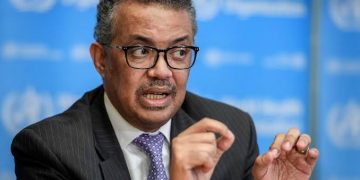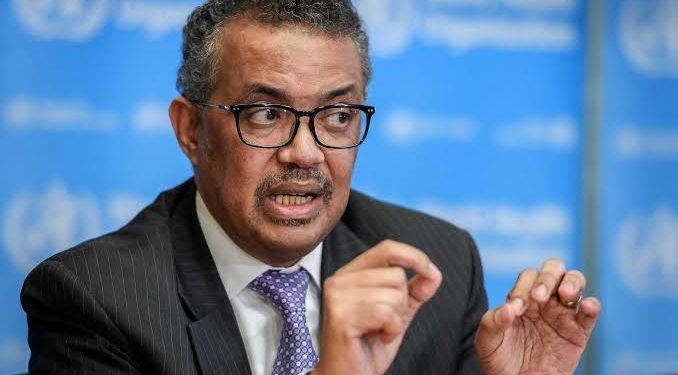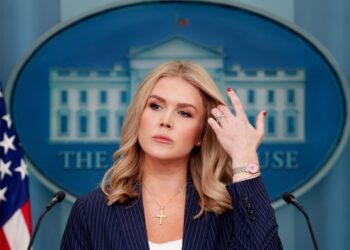By John Ikani
As more and more countries are reporting cases of monkeypox with Israel being the latest one, the World Health Organization (WHO) said it expects to identify more cases of monkeypox as it expands surveillance in countries where the disease is not typically found.
As of Saturday, 92 confirmed cases and 28 suspected cases of monkeypox have been reported from 12 member states that are not endemic for the virus, the U.N. agency said, adding it will provide further guidance and recommendations in the coming days for countries on how to mitigate the spread of monkeypox.
WHO said,”Available information suggests that human-to-human transmission is occurring among people in close physical contact with cases who are symptomatic.”
Monkeypox is an infectious disease that is usually mild, and is endemic in parts of west and central Africa. It is spread by close contact, so it can be relatively easily contained through such measures as self-isolation and hygiene.
Symptoms include skin rashes, fever, headache, muscle ache, backache, swollen lymph nodes, chills and exhaustion.
The rash eventually forms a scab, which later falls off, indicating that the person is no longer infectious.
People usually recover within two to four weeks without needing to be hospitalised, but the disease is occasionally deadly.
It is spread by close contact so it can be relatively easily contained through such measures as self-isolation and hygiene.
“What seems to be happening now is that it has got into the population as a sexual form, as a genital form, and is being spread as are sexually transmitted infections, which has amplified its transmission around the world,” WHO official David Heymann, an infectious disease specialist, told Reuters.
Heymann said an international committee of experts met via video conference to look at what needed to be studied about the outbreak and communicated to the public, including whether there is any asymptomatic spread, who are at most risk, and the various routes of transmission.
He said the meeting was convened “because of the urgency of the situation.” The committee is not the group that would suggest declaring a public health emergency of international concern, WHO’s highest form of alert, which applies to the COVID-19 pandemic.
He said close contact was the key transmission route, as lesions typical of the disease are very infectious. For example, parents caring for sick children are at risk, as are health workers, which is why some countries have started inoculating teams treating monkeypox patients using vaccines for smallpox, a related virus.
Many of the current cases have been identified at sexual health clinics.
The Monkeypox outbreak is something “everybody should be concerned about,” U.S. President Joe Biden said on Sunday, adding that US health officials are looking into possible treatments and vaccines, reported Reuters.
Various health experts have cautioned against the rising cases of Monkeypox in Europe and elsewhere, a type of viral infection which is currently more common to west and central Africa.




































